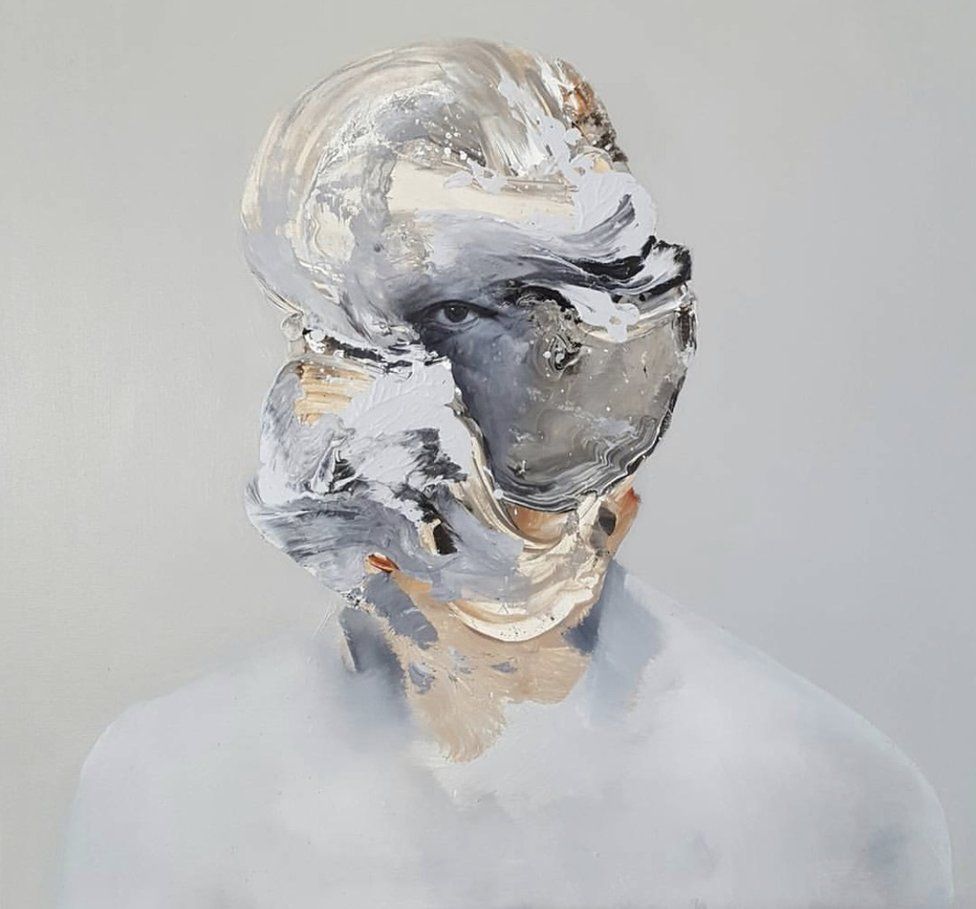Interviewee has decided to remain anonymous.
When did you start developing it?
When I was 16, I started working out, and I thought it would help me become more attractive to girls, but every time I went on social media or outside I saw people bigger and more muscular than me so I kept thinking I wasn’t good enough.
What do you think caused it?
Honestly, social media, and a lot of toxic women with a patriarchal mentality who constantly talk about how guys who are big and strong are attractive. Whenever I converse with them they always talk about how hot a guy is, even though I’m sitting right there and I don’t care about that guy, but it’s like it’s a constant competition for approval.
Furthermore, the world—or at least the social media world—tends to display only attractive, built and fit men. This makes me believe that I’m worse than the ‘average’ man due to how many seemingly fit and built men there are. There’s a false sense of reality and it makes me feel like most men around the world are built and super muscular as that’s what I see on a daily basis.
When I liked a girl I thought I would have a chance of getting together with her on an emotional level. However, through her social media I noticed that I wasn’t the only guy she was talking to, and I noticed most of the other men whom she talks to are bigger and more muscular than I was, so I had assumed that my body simply wasn’t good enough. This has affected me in the long term, and I don’t blame her for it. We all have our types, however some women just prefer a physically larger physique. It’s gotten to the point where I simply don’t feel good with my own body; I feel like I’m doing something wrong. Overall my way of thinking was messed up; I’ve gained confidence, but that’s only to shield my insecurities.
Why do you think a lot of men have body dysmorphia?
Because of gym mentality and social media, I always want to be bigger, and when we go on apps like Instagram and TikTok and see other men, we tend to compare ourselves and are never satisfied as there’s always someone bigger. And like I said, we think a more muscular body will attract women, so when we aren’t built enough we think we’re too small and therefore not attractive enough.
As I previously mentioned, social media and fitness forums in general are a horrible place to be for people who don’t believe they fit in, but even though I hate it, something makes me want to stay. On many fitness forums and social media apps you’ll see people who claim to be 14 deadlift 250kg or bench 120kg, and it just makes you think: “What’s wrong with me? I’m 17 and I can’t even do that much?” because genetically and logically a healthy and fit 17 year old should be able to do more than a 14 year old.
And when I post videos of myself there’s always people who leave backhanded comments, or not backhanded per say, but they usually add a compliment before they’re about to say something that they know isn’t very helpful. For example, I was recently on a call with people who I was asking relationship advice from. They then asked me to present a photo of myself, so I complied and then they made comments like “Your face looks good and your arms are built BUT your chest isn’t”. This really makes me upset because for the last several months that’s what I’ve been trying to work on; people still discredit it. They don’t realise how much those words hurt. I’m quite an insecure person, although I’m very outgoing, even ‘cocky’ to some people, and I’m only like this because I actually hate myself. Everytime a girl calls me ugly, it’s like stabbing the knife deeper into my chest, further pushing this idea of “I’m not good enough, I need to work out more” and it does influence me to workout more, however the issue is I will never be happy about how I look.

https://www.bbc.com/news/entertainment-arts-46036519
Do you think this condition is rooted in patriarchal standards that are enforced by both women and men?
Generally, yes. The standards that the patriarchy tends to enforce are very toxic. They seem like small, simple things, but when accumulated actually lead to very disruptive and self-deprecating behaviour. For example, the patriarchy has enforced the need for men to be strong all the time, both physically and mentally, be constantly financially stable, and generally maintain a strong front. This standard is perpetuated by both men and women, sometimes even unconsciously.
I notice that some women tend to be into bigger and taller men, which is what influenced me to work out. As a result, I thought that was what women in general were into, and so I was under the impression that I had to obey that standard. As mentioned before, when I would talk to a girl I had previously liked, she would always say ‘I like this guy, he has great abs, pecs and arms’. It would make me feel worse, because I don’t have those things.
With the rise of unrealistic beauty standards, both men and women are faced with body dysmorphia when, if left unchecked, can permanently scar their image of themselves. Women around the world have been willing and able to take a stand against this, but the topic is less discussed in male communities, which makes it more of a concern. So, don’t be afraid to speak out, because it’s the only way we can change this.
Just because an issue is neglected, doesn’t make it less of a problem.